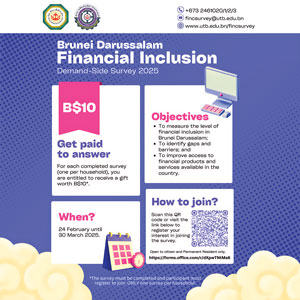ANN/THE STAR – For years, Jackson Tan worked as a factory manager. When he was in his fifties, he decided to sell his shares in the company and take a much-needed break from working. That break only lasted a few years before the enterprising Tan hit upon the idea of opening a restaurant in 2017 in the Kuala Lumpur township Desa ParkCity, in collaboration with a popular Melaka-based eatery called Aunty Lee Restaurant, which specialises in Nyonya food.
Initially, Tan’s son was keen to run the restaurant, which is why the original idea was for his son to take over the business. But that plan fell through when his progeny decided to move overseas because of a work opportunity. Then came the COVID-19 pandemic.
“The restaurant didn’t work out very well because of the extensive financial investment for the renovations, coupled with the very high rental. And the worst was when COVID-19 hit and our landlord wanted to increase the rent! That’s when I decided to cease operations and went back to Melaka for a while,” said Tan, a cheerful, kind man.
In September 2020, Tan’s property agent found him a vacant lot in Taman Tun Dr Ismail in Kuala Lumpur. And that is how he opened his brand-new restaurant Baba Ho Liao.
The restaurant no longer operates in partnership with Aunty Lee but features many staple Melaka-style Baba Nyonya recipes that the 64-year-old Tan makes himself from scratch – from the rempah pastes to the sauces.
Many of the ingredients – including gula melaka and asam keping (tamarind slices) – are sourced from Melaka by Tan, who only closes his restaurant one day a month in order to go back to his hometown to stock up his kitchen.
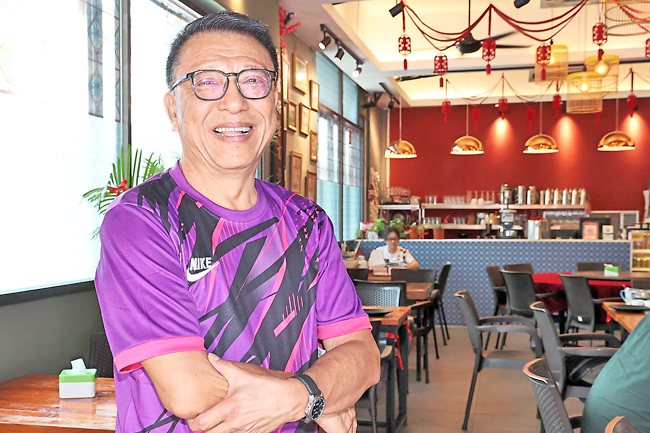
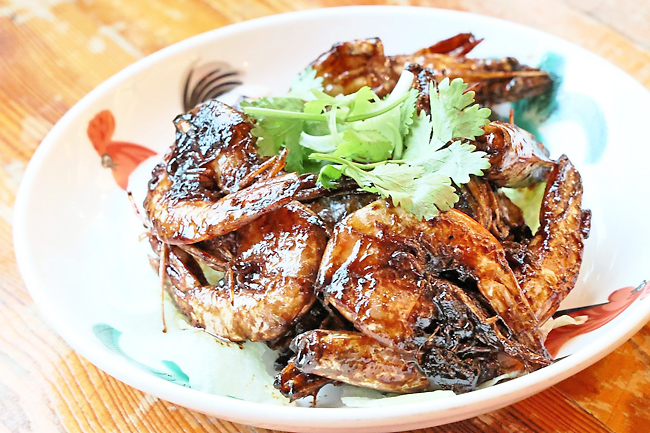
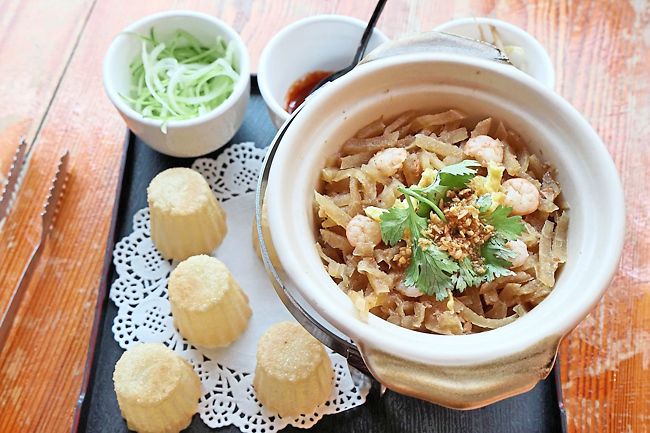
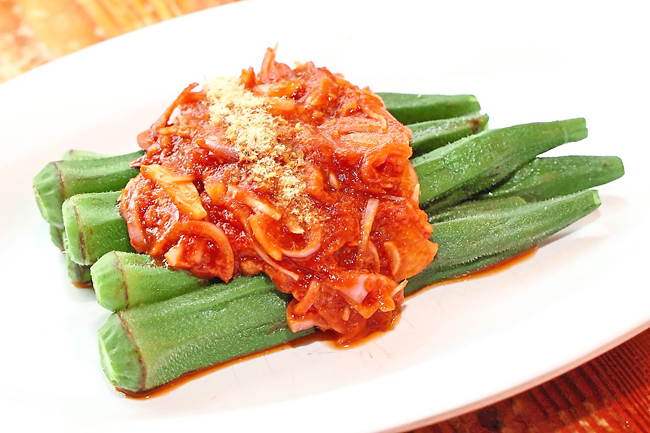
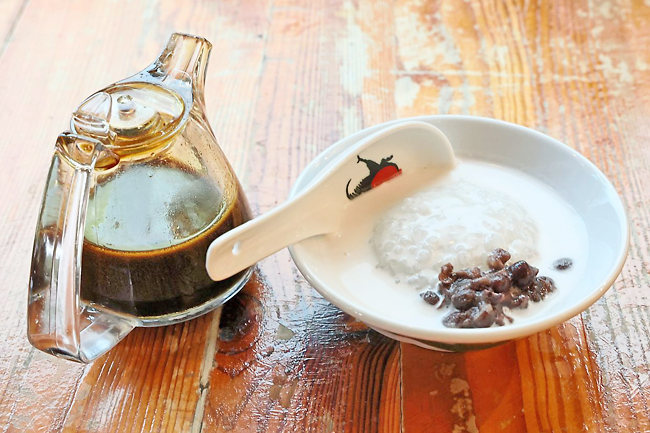
Tan said his entire future is now intertwined with the restaurant, as he has put in 30 years’ worth of his life savings into the eatery and even sold his house to keep the business afloat.
“I used up all my savings from working for over 30 years, so I have no choice but to keep going and see if I can recoup some money for my later years. It’s sad to say that, but really, it’s true,” he said.
Determined to look ahead and remain positive, Tan has poured his blood, sweat and tears into the food. He has even reduced food prices as his rental at Taman Tun Dr Ismail is much lower than what he was paying in Desa ParkCity.
The food is entirely pork-free (Tan himself does not eat pork) and he doesn’t use any alcohol in his cooking. Tan also sources his poultry from halal suppliers.
To begin your Baba Nyonya eat-venture, try the pie tee, which uses house-made top hat shells, and served with braised julienned turnip, bean sprouts, cucumber and homemade chilli sauce. To assemble the pie tee, spoon the turnip, bean sprouts and cucumber into the top hats and dollop some chilli sauce atop this mixture.
The resulting coalescence of flavours and textures offer a little bit of everything – crunch from the top hats, sprightliness from the turnips, freshness from the cucumber and bean sprouts and a lick of fire from the chilli sauce. It’s a wholesome, entirely satisfying meal that ticks all the right boxes.
Up next, indulge in the goreng asam which features large sea prawns stir-fried with tamarind and sugar. The prawns are fat and fluffy with crispy, crackly outer carapaces coated in a tangy-sweet tamarind-laced sauce that gives it verve and a distinctly unique flavour.
Then there is the lemak nenas fish, a labour of love that takes Tan hours to prepare as it requires a spice paste, fresh pineapples, steamed senangin (threadfin) fish as well as coconut milk. The fish curry is delightful – aromatic with fruity undulations from the pineapples in the mixture as well as a creaminess from the coconut milk. It is incredibly addictive from the very bite. The fresh, firm fish melds incredibly well with the sweet-spicy curry.
Another must-try is the bendi ulam which features okra blanched in salted water and topped with a mixed combination of shallots, chillies, lime juice, sugar and pounded dried shrimps. The okra still has a pronounced firmness but is otherwise delightfully pliant and tender and devoid of the sliminess often associated with this vegetable. This is complemented by a punchy topping that delivers crunch, saltiness and effervescence in every mouthful. The beauty of this dish lies in the fact that it is a very simple meal done well.
Next, try the cincalok omelette which features eggs fried alongside cincalok (sourced from Melaka), onions, chillies and spring onions. The eggs have been fried so they retain a slight crispness on the surface but maintain a soft, spongy interior. This is complemented by the crunch of the onions and the understated heat of the chillies.
The cincalok has a very, subtle presence here, probably so you won’t find the funky elements too overwhelming. But if you like cincalok, you’ll probably want a little more of it in your omelette.
End your meal with something sweet in the form of the sago gula melaka which is made up of chilled sago pudding alongside fresh market-sourced coconut milk, red beans and gula melaka. The highlight of this sweet treat is the gula melaka, which has a rich toffee-esque undertone and carries the entire dish to a joyous, euphoric high.
In the future, Tan said he hopes business improves considerably as his biggest goal is to expand his authentic Melaka-style Baba Nyonya food across the Klang Valley so more people can savour it.
“I hope to keep the restaurant going for as long as possible and as long as I am healthy and I also kind of hope that there will be an investor who comes and invests in the restaurant so we can open more outlets. That is my wish for 2024,” said Tan, smiling. – Abirami Durai





